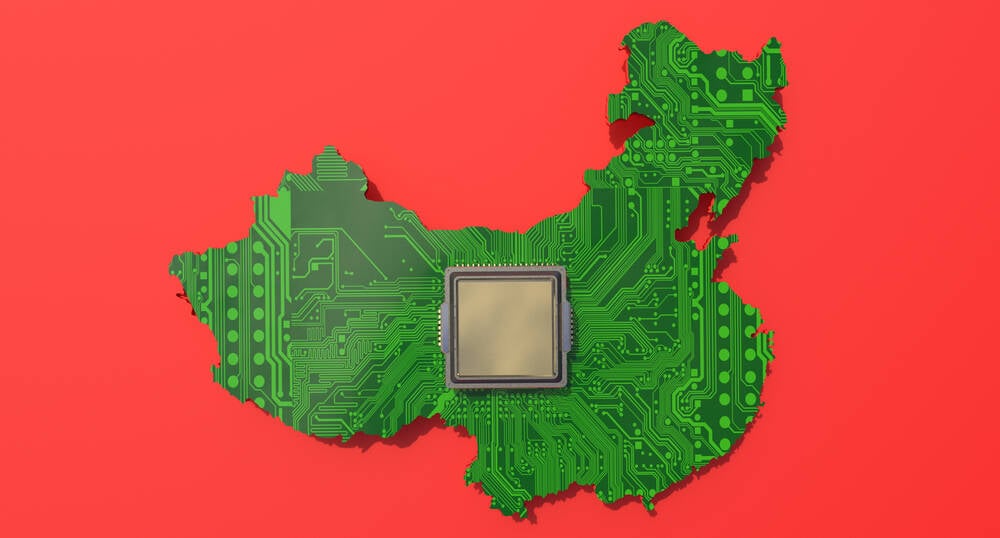The United States is formally banning the export of four technologies tied to semiconductor manufacturing, calling the protection of the items “vital to national security.”
Announced Friday [PDF] by the US Commerce Department’s Bureau of Industry and Security (BIS) and enacted today, the rule will ban the export of two ultra-wide bandgap semiconductor materials, as well as some types of electronic computer-aided design (ECAD) technology and pressure gain combustion (PGC) technology.
In particular, the BIS said that the semiconductor materials gallium oxide and diamond will be subject to renewed export controls because they can operate under more extreme temperature and voltage conditions. The Bureau said that capability makes the materials more useful in weapons.
ECAD software, which aids design for a wide range of circuits, comes in specialized forms that supports gate-all-around field effect transistors (GAAFETs), which are used to scale semiconductors to 3 nanometers and below.
PGC technology also has “extensive potential” for ground and aerospace uses, the BIS said.
All four items are being classified under Section 1758 of the Export Control Reform Act, which covers the production of advanced semiconductors and gas turbine engines. Those types of technology are also covered by the Wassenaar Arrangement, made in 2013 between the US and 41 other countries, which functions as a broader arms control treaty.
“We are protecting the four technologies identified in today’s rule from nefarious end use by applying controls through a multilateral regime,” Assistant Secretary of Commerce for Export Administration Thea D Rozman Kendler said in a statement. “This rule demonstrates our continued commitment to imposing export controls together with our international partners.”
The reason for the addition of the four forms of technology to export controls is a change made in May to how the BIS characterizes emerging and foundational technologies. Under the change, such tech was reclassified to be covered by Section 1758.
China a target
The BIS statement announcing the export ban made no mention of the countries, but recent events make it clear the target is China – the US has been considering other tech export bans (and investment freezes), recenlylall of which appeared tailored to target China.
Analysts in the Middle Kingdom have claimed the ban would have little short-term impact on China’s chipmaking industry as no one in China has yet managed to design chips as advanced as those targeted by the ban.
SMIC, one of China’s leading chipmakers, has began producing 7nm-process chips, however, crucially it has done so using the Deep Ultraviolet (DUV) rather than Extreme Ultraviolet (EUV) lithography process.
While short-term effects may not arise, Xiong Jun, analyst at Wuxi-headquartered Guolian Securities Co Ltd, said that future breakthroughs in 3nm and sub-3nm technology “will be slowed” due to the ban, Chinese news service Caixin reported. ®

















%20(2)%20(1).jpg)


Discussion about this post